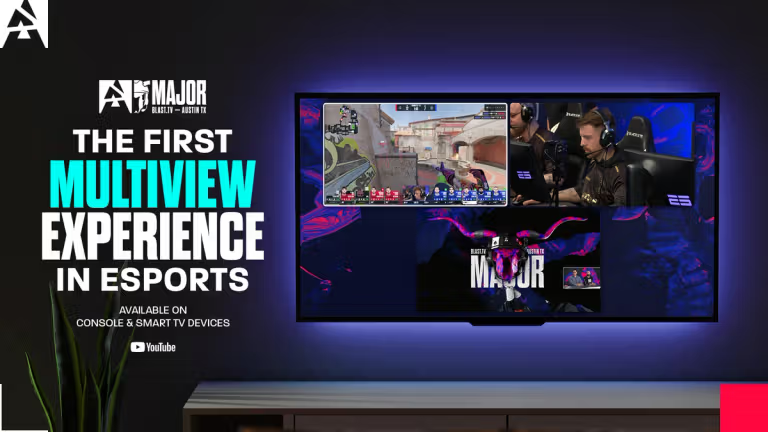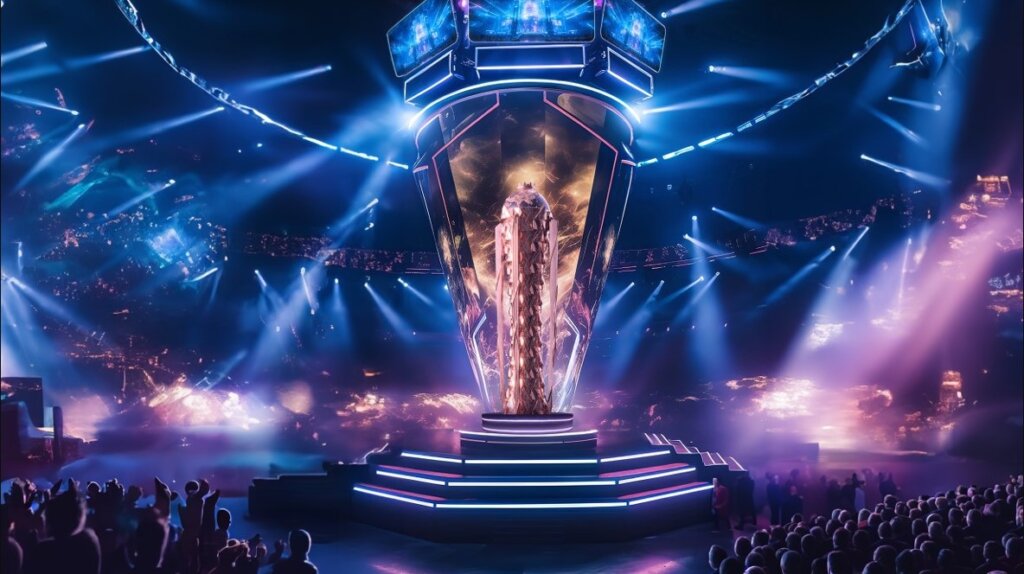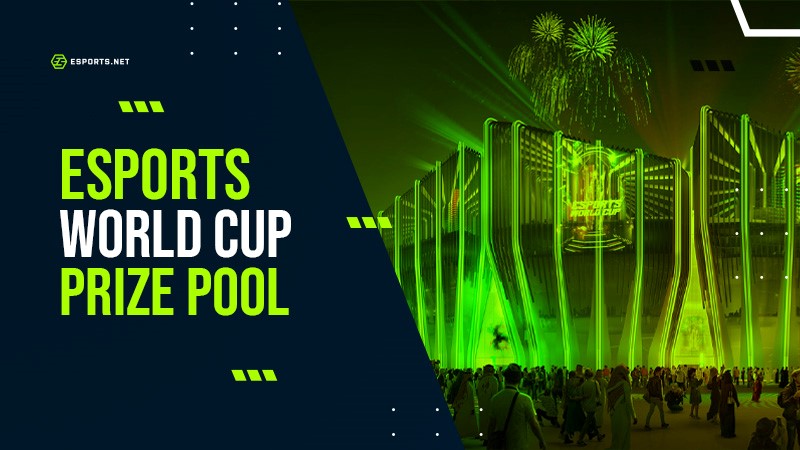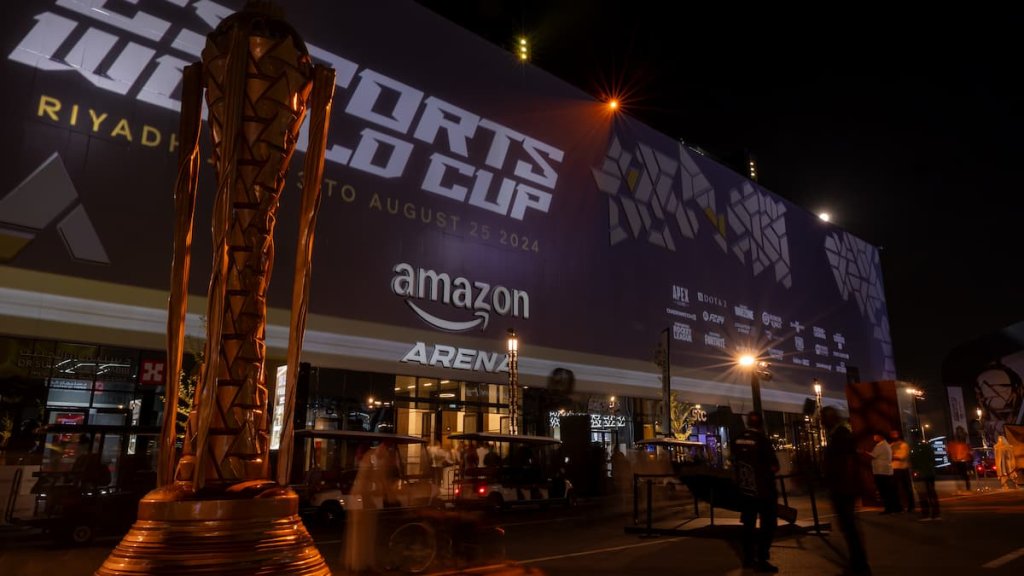
How Gentleman’s Agreements Shape the Esports Landscape
Developers don’t always make choices that the professional scene deems as being all-encompassing. To take care of the problem, pros often gather to vote on items they want to personally ban from competitions in what has come to be called a “gentleman’s agreement.”

What is a Gentleman’s Agreement?
The definition of a gentleman’s agreement according to Dictionary.com is “an agreement that, although unenforceable at law, is binding as a matter of personal honor.” These kinds of deals are usually oral, written, or even unspoken. A real-life example of a gentleman’s agreement is when Japanese automotive manufacturers agreed in 1989 that none of their production cars would exceed 276 horsepower to avoid a horsepower war. This agreement finally ended in 2005.
What are gentleman’s agreements in esports?
In the esports world these sort of agreements are usually made in competitive settings where the developers made an oversight and all participating parties agree to conform to a certain rule. Several notable examples exist in various games. Players have on occasion agreed to not pick fighters in Tekken 3 or not use clipping through walls and boosts in CS:GO. Furthermore, several broken strategies in Red Alert 2 have been agreed to not be utilized.
How do gentleman’s agreements affect Call of Duty?
In Call of Duty, professional players take it on themselves to create their own rules to ensure fair play in the professional league. These rules take the form of a list of gentleman’s agreements (GAs) that changes with every new Call of Duty game.
Professional players have created their own rules for weapons, attachments, perks, items, and other features that should not be used in professional matches. The amateur players of the North American and European regions also have their separate lists from the pros.
Certain items like shotguns, light machine guns, UAVs, and C4s are banned from the league by the developers. The pros implemented these player-made rules because the official ruleset from Activision did not ban certain features or weapons the players deem to be unfair or uncompetitive. The players then get together and vote on whether everyone agrees on what to ban in pro play.
With every new entry in the Call of Duty series, new items and features must be voted on. The newest entry, Black Ops Cold War, introduced new systems that made the most recent list of GAs more complicated than before.
Why are they helpful for the esports scene?
Gentleman’s agreements are helpful for the esports scene because they keep the game as competitive as possible. In the words of Dexerto columnist Tommy “ZooMaa” Paparatto,
“bans are aimed at widening the skill gap, delivering a game that is more enjoyable to watch and play.”
If the developers are not fully in touch with what the pros see as an unfair feature, the players are able to voice their opinions and come together to agree or disagree whether or not a certain feature or weapon should be player-banned from being used in competitions.
In Call of Duty specifically, these GAs have been commonplace for years. In a way, the players themselves are setting the meta for the game and sending a message to the devs by deciding what can or can’t be used in competitive play. Those decisions then trickle down from the pro scene to the casual players and that feature or weapon becomes less and less used by those who follow the meta. If the devs listen to the pro scene, they will put these GAs in the official league ruleset, thus changing the scene. It’s a way for the pro players to talk directly to the developers and change how the game is played.
Should other esports adopt Gentlemen’s Agreements?
Not every game is as complex as Call of Duty in terms of game modes, weapon attachments, and other items. In games like CS:GO, players have a sort of gentleman’s agreement when it comes to using the auto sniper rifles. Not everyone follows it, but it is sometimes frowned upon by fellow teammates if somebody buys an auto.
As such, these kinds of GAs would not be as complex in other games as they are in Call of Duty. League of Legends is another game where players can pick from many different heroes or items and where GAs might find a second home. It remains to be seen if GAs spread to other games and how they fare outside of Call of Duty.












